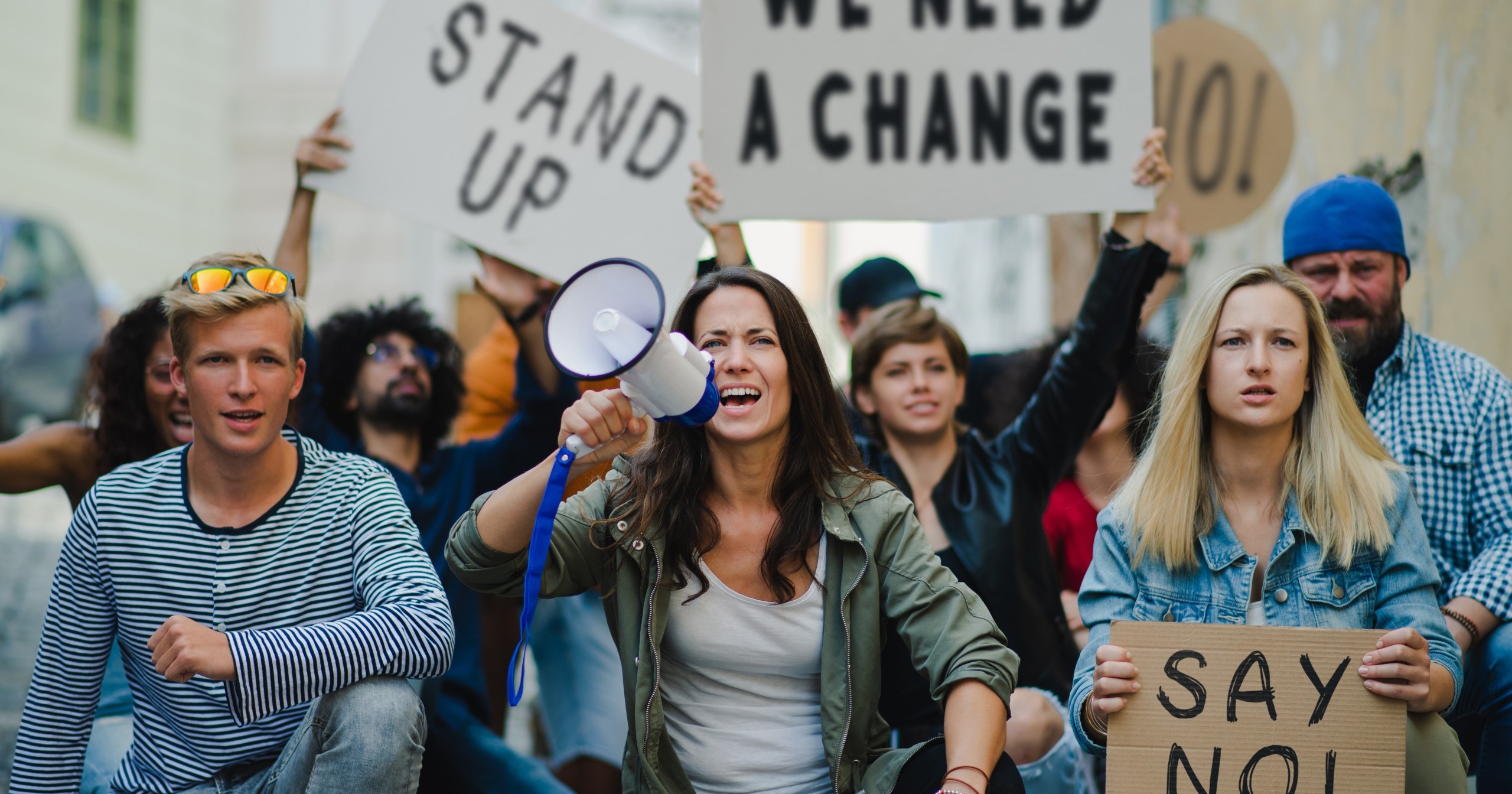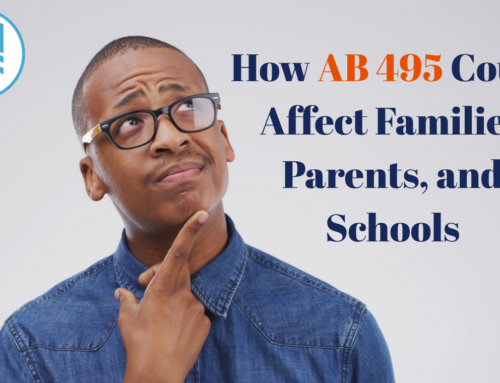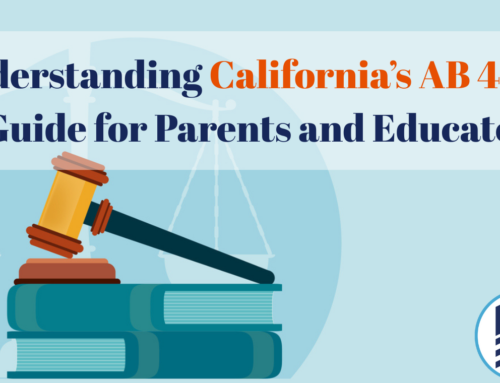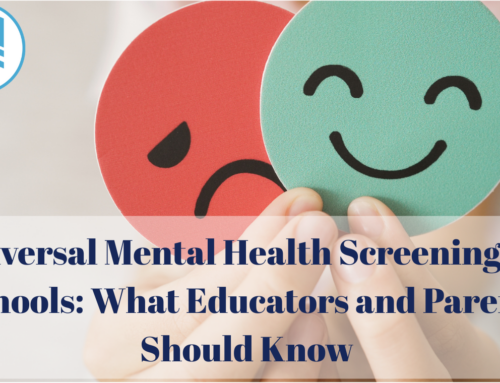
What has parents so fired up at school board meetings? How could these meetings that were once so boring and uneventful become battlegrounds for citizens vs. school boards?
For some parents, it’s to fight COVID-19 mandates that they believe are more harmful than beneficial to their kids. Others may come to speak out against anti-racist curricula (that ironically promote racism). And for others, they’re concerned about the sexually explicit material that is readily available in their children’s school library.
Whatever it might be, these parents believe their right to choose for their kids has precedent over what the school mandates. But are they correct?
Perhaps you’ve never attended a school board meeting.
But, what you’ve experienced isn’t just some far-away story on the news. You’ve seen firsthand the effects of harmful ideologies and school policies that are placed on your kids. You know that you can’t sit by and let this happen.
You have to do something.
So, how can you make changes in your school? What rights do you have as a parent in public school? Moreover, what rights do you have as a concerned citizen to protect yourself from unreasonable government mandates?
We’re here to answer your questions and tell you that yes, you can make a difference. But first, let’s take a look at the government’s role in education.
The Government in Education
Did you know that the word “education” is never mentioned in the U.S. Constitution?
It’s true.
Following the Civil War, Congress required all states to include education as a fundamental right in their constitutions. But, “education” is nowhere to be found in the federal Constitution.
How could our Founding Fathers have made such a monumental oversight? After all, with the number of government institutions in our country that focus on education, it had to have been a mistake by the Founding Fathers…right?
Actually, just the opposite.
Scholars have suggested that education was not a forgotten aspect of the Constitution. Rather, they believe it was intentionally left out.
Why? Because the Founding Fathers wanted education governed by state and local governments instead of monopolized on a federal level. That way, states had the power to decide for themselves rather than being stuck with a one-size-fits-all approach from the federal government.
One could then argue that the federal government isn’t supposed to be involved with education at all.
Yet, it does currently have a role in education—and it’s come with much scrutiny and debate. The U.S. Department of Education (ED) contributes about 8 percent of public school funding. The other 92 percent comes from the state and local levels.
How are the states protected from federal interference?
You can thank the 10th Amendment of the U.S. Constitution for that. It says this: “The powers not delegated to the United States by the Constitution, nor prohibited by it to the States, are reserved to the States respectively, or to the people.”
But what does the federal government do with its little bit of influence? On its website, ED says it is “a means of filling gaps in State and local support for education when critical national needs arise.”
So when is the federal government allowed to intervene—or even overstep—to help with the safety of citizens? And how much power belongs to the state governments…and how much is reserved for every individual?
If you’re a little lost about the rights of the various levels of government and how that impacts we the people, don’t feel bad. You’re not alone.
Sadly, the lines aren’t crystal clear
At the time of this post, there has been an ongoing debate among the various levels of government involving schools implementing COVID-19 guidelines. Some of the more notorious battles have taken place in Texas and Florida.
In Texas, Governor Greg Abbott banned “any entity” from enforcing a vaccine mandate. While Abbott supports the COVID-19 vaccine, he believes it should be a choice.
But what about the local level? A Texas school district was working on mandating the COVID-19 vaccine for employees, despite Governor Abbott’s ban. The Texas Supreme Court has halted the school district’s vaccine requirement for now, but the court did not specify if either the governor’s ban or the school’s mandate was legal.
In Florida, the battle over school mandates has kicked up a notch with the federal government fighting in the ring.
Florida withheld board member salaries in two school districts because they defied Governor DeSantis’ mask mandate ban, but the Biden Administration reimbursed those salaries.
The ED has made it clear that it stands with school districts that implement any kind of mandate designed to protect students against COVID-19. Now, Florida Commissioner of Education Richard Corcoran has recommended that the school districts who defy the mandate ban lose “state funds in an amount equal to any federal grant funds awarded.”
With federal, state, and local governments at such odds, it can be difficult for schools—not to mention parents—to find what’s best for children.
What does this mean for you?
At this point, you may be wondering about the legality of school mandates. Parents have fought across the country, saying that their rights should come before school decisions.
So, why are mandates that are contrary to parents’ beliefs being implemented?
That’s a good question.
FindLaw brings up an opinion piece printed in Politico, where medical and legal experts discussed the rights of parents to make health-related decisions for their children. “When it comes to society’s interest in protecting children, the legal precedent is unambiguous: The rights of their parents come second,” they wrote. “Parents do have the freedom to direct the health care and education of their children, but these rights are not unlimited.”
Does society have a greater right—or responsibility—to your children than you do?
The writers in Politico also bring up a Supreme Court case, Prince v. Massachusetts, that ruled that parents are not able “to make martyrs of their children.” All 50 states have laws that protect children from abuse.
Of course, parents have no right to put their children in harm’s way. But, what counts as abuse? (And how do we protect families from the term “abuse” being redefined in an attempt to undermine parental rights?)
Some would argue that not adhering to COVID-19 CDC guidelines is dangerous for children. But others have made a case for not wearing a mask, listing the harmful effects of doing so. In that way, wearing a mask could be considered abuse.
This example is not to start the grand “to mask or not to mask” debate. Instead, let’s focus on what’s really at stake here: the freedom to choose.
Right now, we all have very different and polarizing ideas on what’s best for everyone. Even lawmakers and government officials vastly disagree on safety measures.
Isn’t that the point, though? That we get to disagree?
We get to argue and argue some more until we find something that works. As Americans, we have the immense privilege of electing government officials to office. We can then give our input and have our voices heard.
The problem arises when we can no longer do that.
Your individual rights
While government mandates are a bit murky, the bottom line is that citizens hold the right to keep government officials accountable.
That includes the school board.
Your rights are protected by the Constitution, which is meant to prevent government overreach. The Constitution was likely the first-ever document that established and limited the power of a government, and it was approved by the people.
With the separation of powers along with the checks and balances for the executive, legislative, and judicial branches of government, no branch is allowed to be more powerful than the others. The way things are accomplished in this nation may seem like a long and messy process, but no one person is making the decisions.
This way, freedom is protected.
Among many things protected by the Constitution, you have the right to freedom of speech. The rights not specified in the Constitution are reserved for the States and the people. You can peaceably assemble. And you can petition the government.
The government is made up of public servants. Whether directly or indirectly, you put them in office. You pay their salaries (through taxes). They serve you.
We’ll tell you just how you can hold public schools accountable.
What can you do?
The idea of making changes in your local school can be daunting, but believe it or not, you can make a difference.
More than that, you should get involved in your child’s school, despite attempts that have been made to discourage parents from attending school board meetings. While it’s important to remember to be kind and respectful, you need to be honest about what’s concerning you.
Whether it’s fighting against a school policy you don’t agree with or volunteering at the school you love, you must get involved so you can be sure your school is the best it can be.
Here are some action steps:
- Talk to your child’s teacher or school principal
- Attend local school board meetings/county meetings and voice your concerns
- Find a community to support you
- Write a letter to the editor of a local newspaper
- Write a letter to the office of your local representatives—county supervisor, state senator, Congressional representative, governor, etc.
- Create a petition
- Vote (and do it early)
- Not sure who’s on your ballot? Check out VOTE411 to learn all you need to know about the candidates who are running.
- Volunteer as a poll watcher on election day
- Run for office yourself
- We’ve even got a school board training curriculum that will show you how to campaign and win!
So, what are you waiting for? Let your voice be heard.
Sign up for updates to stay informed about ways you can make a difference.




